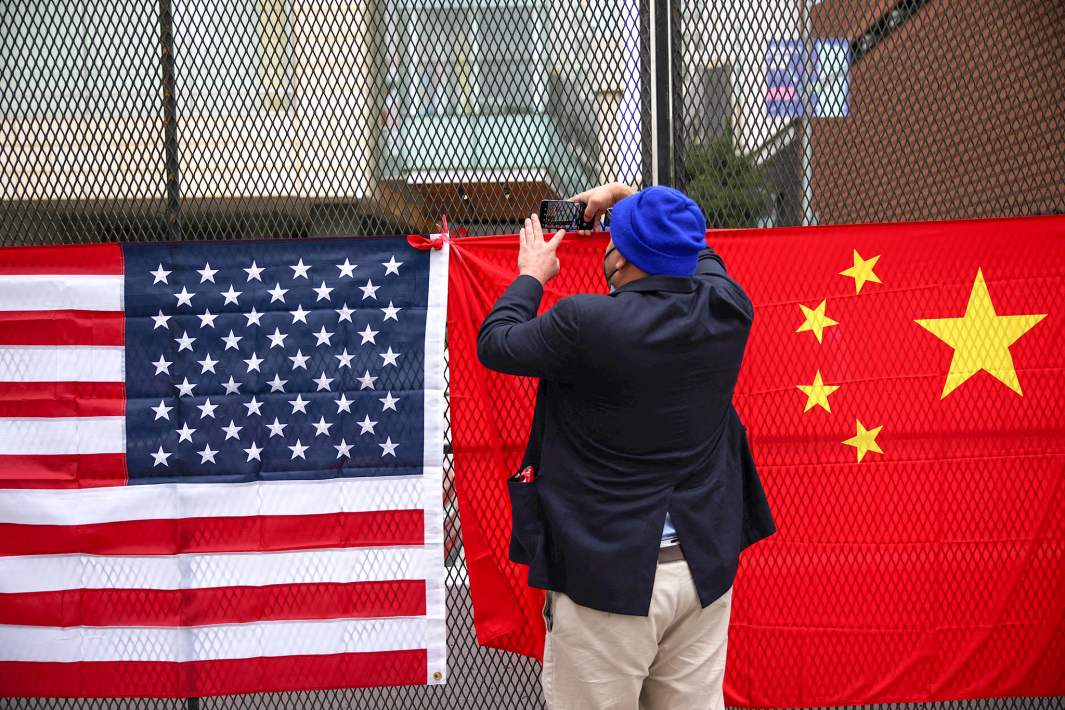
US imposes more sanctions on Chinese electric cars and solar panels
By Rhod Mackenzie
In an effort to reduce dependence on the largest Asian economy and protect the American 'green' sector from strong competitors, Washington intends to increase tariffs on Chinese goods. The Biden administration has largely left Trump's tariffs on approximately $300 billion of Chinese goods untouched. Soon, the White House will receive the results of the study and proposals from experts, after which a final decision will be made on the timing and specific figures.
The main directions of impact are easy to explain. In recent years, China has emerged as a leading manufacturer of electric vehicles. According to BloombergNEF, approximately 60% of the 14.1 million new electric vehicles sold in 2023 were produced in China. Chinese dominance in the electric vehicle market has led to conflict, particularly in Europe. In September, an official investigation was launched into allegations that Beijing is unfairly flooding the European market with its cheap electric cars. Beijing has qualified the investigation as a violation of WTO rules.
In the US, tariffs on electric vehicles are already high enough to discourage the influx of Chinese electric vehicles, unlike in Europe. As of the beginning of October, Beijing exported almost 48 thousand electric vehicles to North America, and over the same 9 months, more than one thousand electric vehicles were sent to Europe. 564,000 electric vehicles from China.
The reason for the difference is that Chinese electric cars are subject to a 25% duty in the United States, whereas in Europe, the duty is much lower, as reported by the Wall Street Journal (WSJ). As a result, Chinese automaker BYD Co., which is on the verge of overtaking Tesla as the world's largest seller of electric vehicles, is not exporting its products to North America. Therefore, increasing the already high tariffs on Chinese electric vehicles would be ineffective. Politically, both Democrats and Republicans support increasing tariffs on goods and products from China, despite there being no clear economic benefit. This level of unity is rare, particularly in current times. For instance, Republican Senator Lindsey Graham recently stated his willingness to help create 'sanctions from hell' against China if it attempts to invade Taiwan.
Following the US presidential election next year, attitudes towards China i
n America may deteriorate further. It is important to remember that Donald Trump, the potential winner of the November elections (if, of course, he is allowed to participate), launched a trade war against the PRC, which he waged with the help of tariffs on Chinese goods. A tough stance towards Beijing is the only thing that unites the current US president and the potential Republican winner.
An escalation in trade tensions between the United States and China could impede the recovery of the yuan, which has been one of the weakest currencies in Asia this year. Currently, the dollar is valued at 7.1484 yuan.
